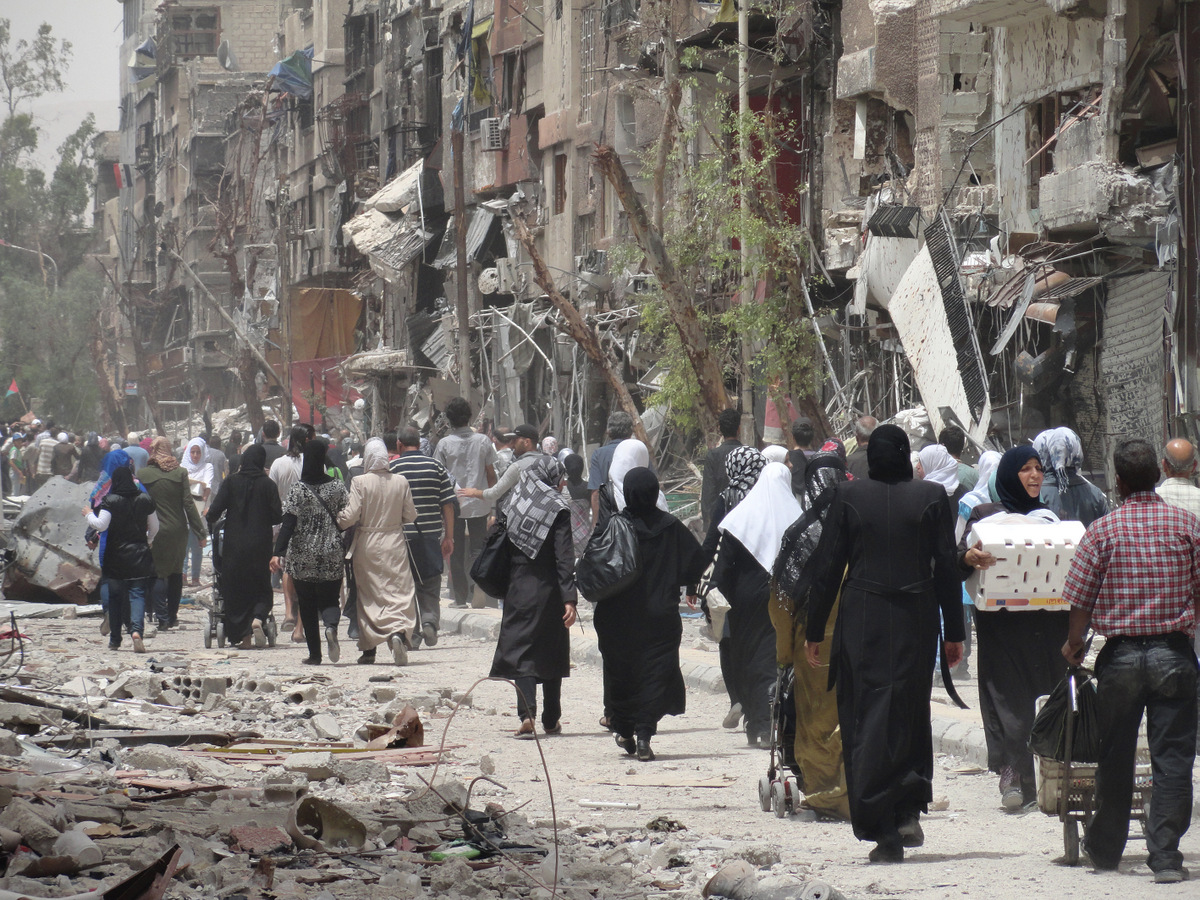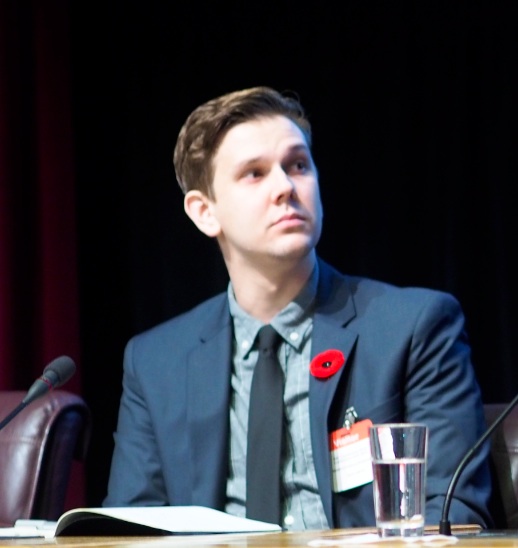On Monday, the senior Director of the United Nations Relief and Works Agency for Palestinian Refugees in the Near East (UNRWA) tweeted that the agency successfully delivered 5000 food parcels to the Yarmouk refugee camp in southern Damascus. The camp has received increased attention this month, making international headlines after an Islamic State (IS) invasion on April 1, 2015. While concern for the 18,000 civilians left in Yarmouk is a welcome development in mainstream coverage of the Syrian conflict, it is long overdue. Palestinian refugees in Syria have been suffering at the hands of Bashar al-Assad for years.
Previously home to an estimated 160,000 refugees, Yarmouk was established in the wake of the 1948 Israeli-Palestinian War or ‘Nakbah’, meaning catastrophe in Arabic. The former regime of Bashar’s father, Hafez, treated Palestinians in Syria relatively well. Hafez presented himself as a champion of the Palestinian resistance, allowing Palestinians in Yarmouk to flourish as their counterparts in Lebanon and The Palestinian Occupied Territories were excluded from the labour market; receiving lower pay, less job security, and limited access to public benefits. The temporary camp came to resemble a permanent suburb, with roadways and infrastructure connecting residents to local hospitals, schools, and marketplaces. Salim Salamah, born and raised in Yarmouk and now head of the Palestinian League for Human Rights in Syria, described it as one of the cultural, economic, and political hubs of Damascus. It is where generations of young Palestinians have “constituted their Palestinian identity.”
 Bashar followed his father’s example, permitting a limited expression of the Palestinian cause in Syria. So long as Palestinian demands for self-determination augmented his power and gained him favour, they would not be harmed. The emptiness of his political rhetoric was exposed in December 2012, when Syrian security forces deployed a rocket on the camp. Dozens of innocent civilians were killed and wounded in the Abdul-Qader al-Husseni mosque at the camp’s centre. Assad explained that the attack was a response to reports that rebel fighters were hiding there.
Bashar followed his father’s example, permitting a limited expression of the Palestinian cause in Syria. So long as Palestinian demands for self-determination augmented his power and gained him favour, they would not be harmed. The emptiness of his political rhetoric was exposed in December 2012, when Syrian security forces deployed a rocket on the camp. Dozens of innocent civilians were killed and wounded in the Abdul-Qader al-Husseni mosque at the camp’s centre. Assad explained that the attack was a response to reports that rebel fighters were hiding there.
After the attack, Palestinian President Mahmoud Abbas implored all Palestinians to remain neutral in the conflict, but his pleas were largely ignored. Violence erupted throughout the camp as armed factions began to battle for control of what is widely regarded as the gateway to Damascus. Syrian security forces blocked the north entrance of Yarmouk, while the opposing Free Syrian Army, and armed organizations sympathetic to them, blocked the south. By July 2013, the siege of Yarmouk was complete. Very little went in, and even less came out. Most Palestinians subsisted on boiled water with spices, and some consumed weeds. The situation became so dire that an imam issued a fatwa allowing residents to eat dogs and cats for survival. Malnutrition alone took the lives of nearly 200 people last year.
The siege and bombardment of Yarmouk by Syrian security forces has persisted for two years, yet present mainstream coverage presents IS as the most potent threat to Palestinians inside the camp. On April 15, CNN published an article boasting ‘IS invasion’ in its headline, but closed with the sober testimony of a Yarmouk resident. “Now I am scared of two things,” he explained. “I am scared of IS and the regime… The regime now is about to destroy the camp, and IS… I don’t know… they didn’t do anything except [rename] Yarmouk.” Assad’s brutality may be less newsworthy than the rapid advance of IS in Damascus, but it is no less worthy of the international community’s attention. As reports indicating an IS retreat from Yarmouk continue to surface, it is critical that the international community’s concern does not retreat with it.




